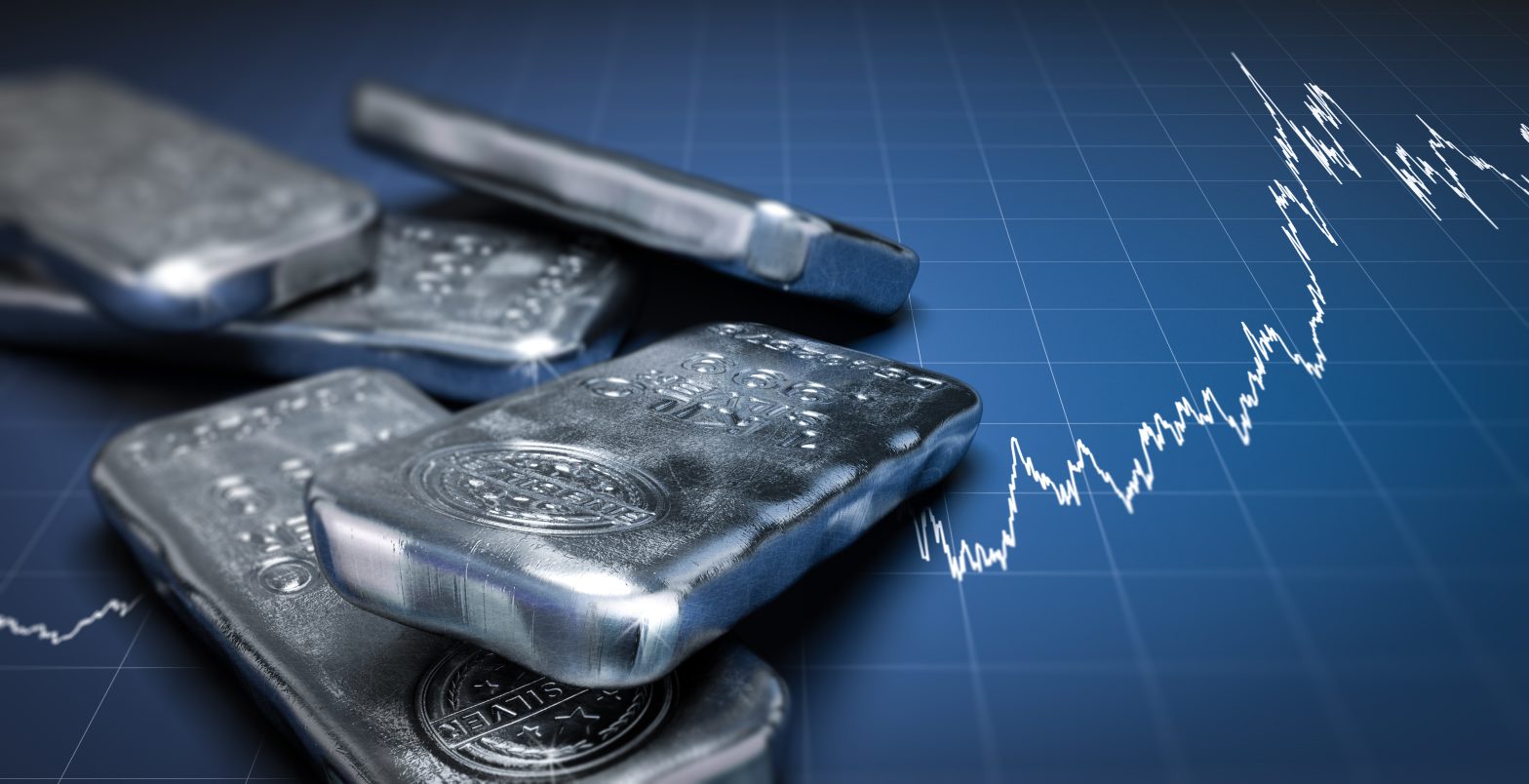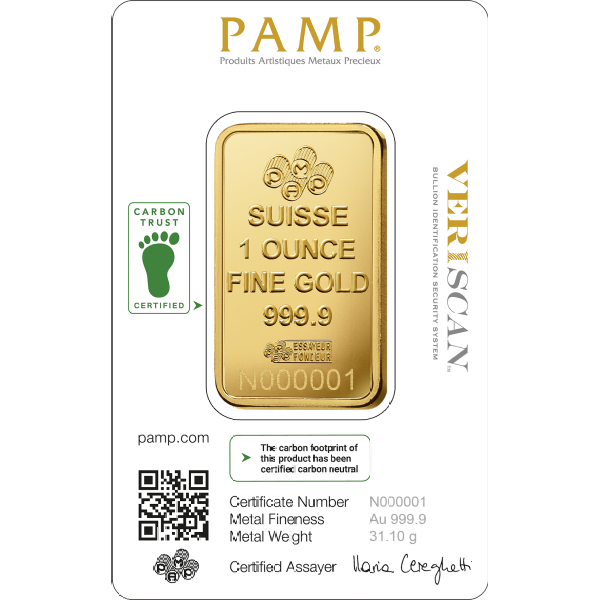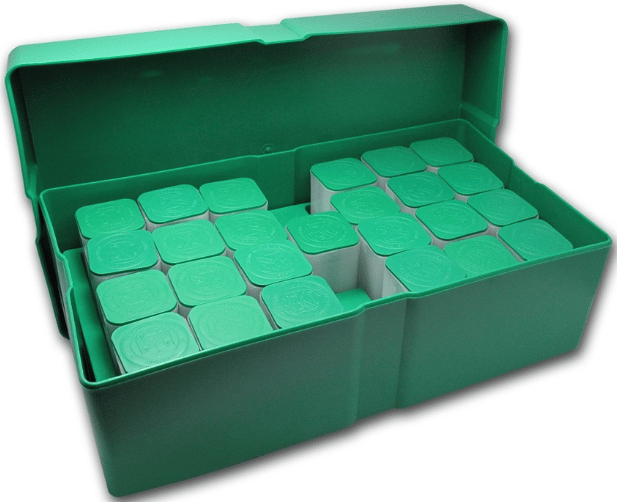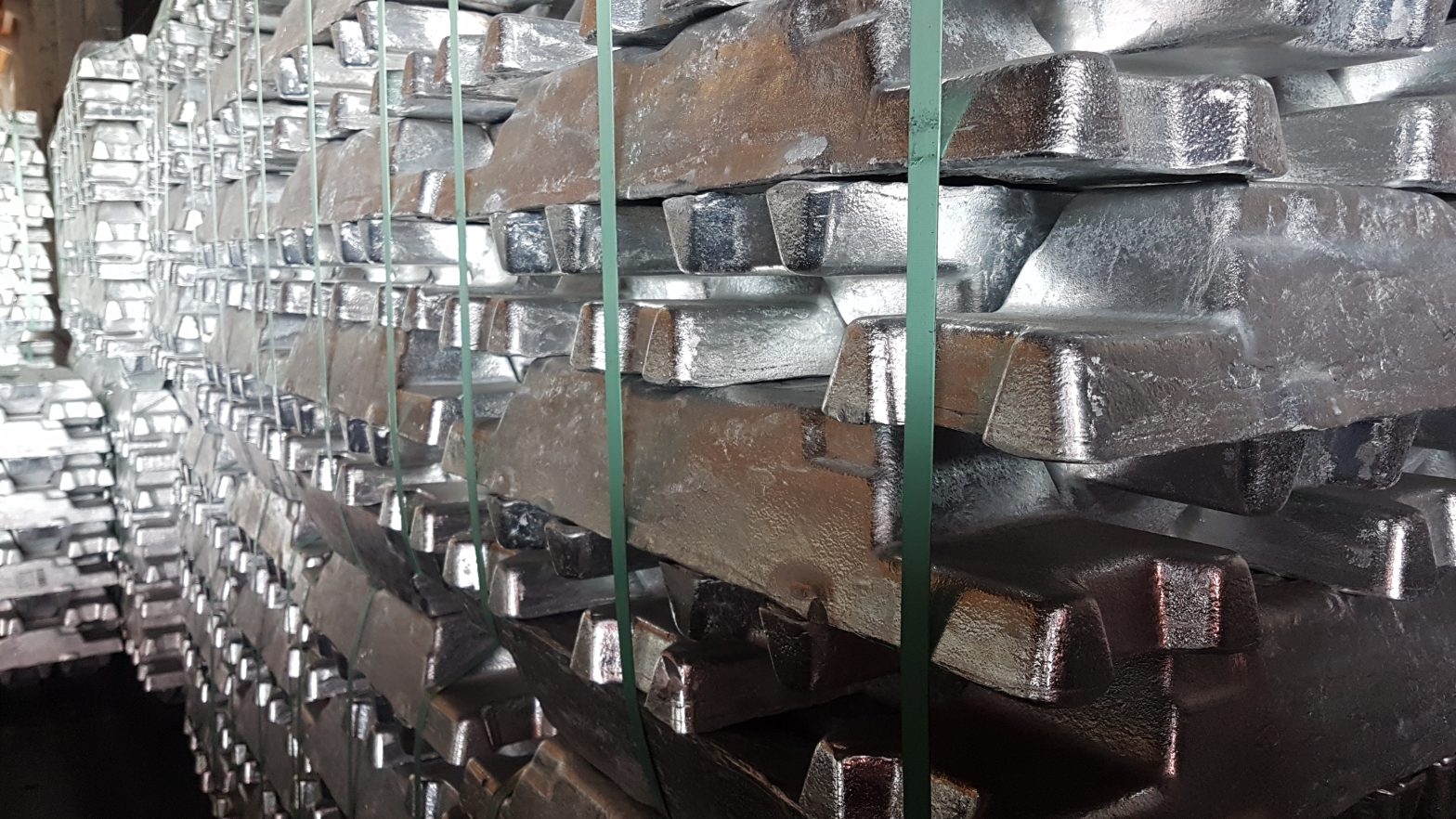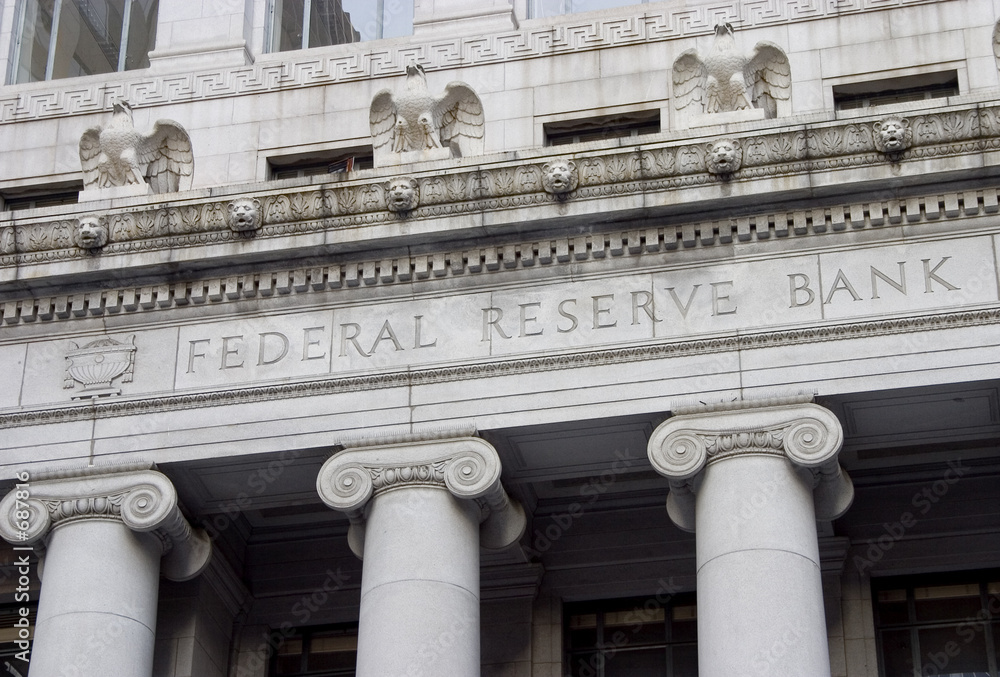
Trying to beat the street and get ahead in your portfolio for the long haul is a challenge. We advocate for a sensible amount of gold and silver bullion as an alternative to the greenback and a greedy US government. The BIG question: is the market rigged? Why hasn’t the price moved significantly higher? Who controls the price of gold? We`ll give you a clue: it’s not who you think.
What are the functions of the Chicago Mercantile Exchange (CME)? CME Group, as the preeminent global derivatives marketplace, helps individuals and entities worldwide manage risk. We offer clients the ability to engage in futures, options, cash, and over-the-counter (OTC) markets, optimize portfolios and analyze data. By doing so, we empower market participants to navigate risk and seize opportunities efficiently.
What are the four exchanges that constitute the CME Group? CME Group, known as the foremost derivatives marketplace globally, comprises four key exchanges: CME, CBOT, NYMEX, and COMEX. Each of these exchanges provides a diverse array of international benchmarks across various major asset classes.
Who holds the majority ownership of CME? Institutional investors maintain a dominant stake in CME, controlling a significant 88.80% of the outstanding shares. This level of ownership exceeds that of most other companies within the Investment Banks/Brokers industry.
Is CME considered a monopoly in its field? CME effectively holds a monopoly in the U.S. futures trading landscape. While CBOE faces more competition, it possesses exclusive rights for trading Standard & Poor’s 500 Index options and the CBOE Volatility Index options, commonly known as the “fear index” on Wall Street.
How does COMEX differ from CME? COMEX is the world’s primary platform for futures and options trading in metals and operates as a division of the Chicago Mercantile Exchange, AKA the CME Group. Metals futures on COMEX are mainly utilized for hedging purposes and are not typically physically delivered. Instead, COMEX functions as an intermediary for these transactions.
Does CME Group engage in the trading of gold and silver? CME Group offers a range of Gold and Silver contracts suitable for those seeking to refine their exposure to these metals or for those entering these markets with limited capital. These contracts enable individuals to participate in gold and silver trading.
Which metals are available for trading on CME? CME Group offers Metals futures and options that allow risk management in precious metals markets. Gold, Silver, Platinum, and Palladium are among the metals traded, providing increased liquidity, accessibility, and price transparency.
What is the size of the gold contract on CME? Gold contracts on CME Group come in various sizes to cater to diverse risk management strategies. These include standard contracts of 100 ounces, E-mini contracts of 50 ounces, and E-micro contracts of 10 ounces. These options provide market participants with flexibility in tailoring their risk management approaches.
Where can gold and silver be traded? Gold is traded in various forms, including exchange-traded funds (ETFs), on stock exchanges in London, New York, Johannesburg, and Australia. While the physical market for gold and silver is global, most wholesale over-the-counter (OTC) transactions are cleared through London.
Who has influence over the gold market? Central banks and the Federal Reserve primarily influence the gold price when it is on the rise. They achieve this by utilizing a substantial number of paper contracts to prevent gold prices from escalating too rapidly. Their interventions often guide the investment choices of market participants.
Who is believed to manipulate gold prices? There are differing views on gold price manipulation. Some attribute it to central bankers, while others point to large banks using derivatives, particularly “naked” shorts, and high-frequency trading as factors contributing to declines in gold prices.
Who controls the price of gold? Its a combination of central banks, the Federal Reserve, and Wall Street. Ultimately, the US governement can step in and either confiscate gold, or outlaw it if it feels its a threat to the US dollar. Furthermore, Its important to remember, Wall Street is not in the “GOLD BULLION” business!

